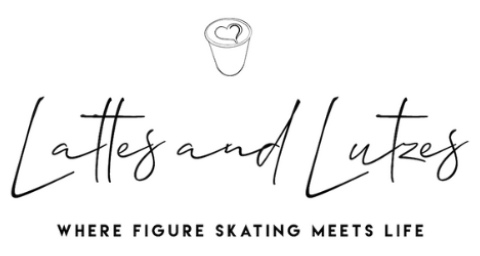
We’ve all been there – ready to work hard, only to have a terrible, horrible, no good, very bad practice session. As adults, we understand that progress is not always linear; we’ll have good days and bad days. Still, standing on the ice during one of these sessions can make you wonder if you simply forgot how to skate overnight.
In my experience, there can be many reasons for this. Perhaps you feel pressure to perform well at an upcoming competition or test session. Maybe a spin or jump you’ve been working on is suddenly inconsistent, or the freestyle session is particularly crowded. Whatever the reason, things start to unravel quickly. Now what?
Here are a few approaches to salvage a session:
- Recognize and Admit: Acknowledge that things are beginning to unravel so that you can change your approach.
- Identify the Problem: Determine what the specific issue is. Are you struggling with a particular jump today? Is the program run-through not coming together?
- Break It Down: If you’re having trouble with a specific element, break it down into smaller components. For example, focus on the technique of each part of the jump or run-through. Sometimes, reminding yourself of the technical details can help correct errors.
- Address Mental Blocks: Occasionally, even breaking things down doesn’t work. Remind yourself that you’ve completed these elements successfully before, so it’s likely a mental block.
- Shift Focus: If one aspect isn’t working, try working on something else, like spins or footwork, to clear your head and maintain a productive practice session.
- Try Something Different: On particularly challenging days, consider working on school figures or basic edges. The repetitive nature of these exercises can help release tension and refocus your mind on alignment and blade control.
- Take a Break: If nothing seems to be working, it may be best to end the session early or take a day off. Stepping away can prevent frustration from escalating and potentially causing more harm than good.
- Be Kind to Yourself: After leaving the ice and clearing your mind, reflect on the session with kindness. Remember that mistakes happen, but they don’t define your abilities. Use this time to identify areas for improvement without dwelling on negativity.
Remember, a bad practice session doesn’t define your progress as a skater. By approaching challenges with patience and resilience, you’ll emerge stronger and more confident in your abilities.
How do you cope with a really tough practice session?

0 Comments